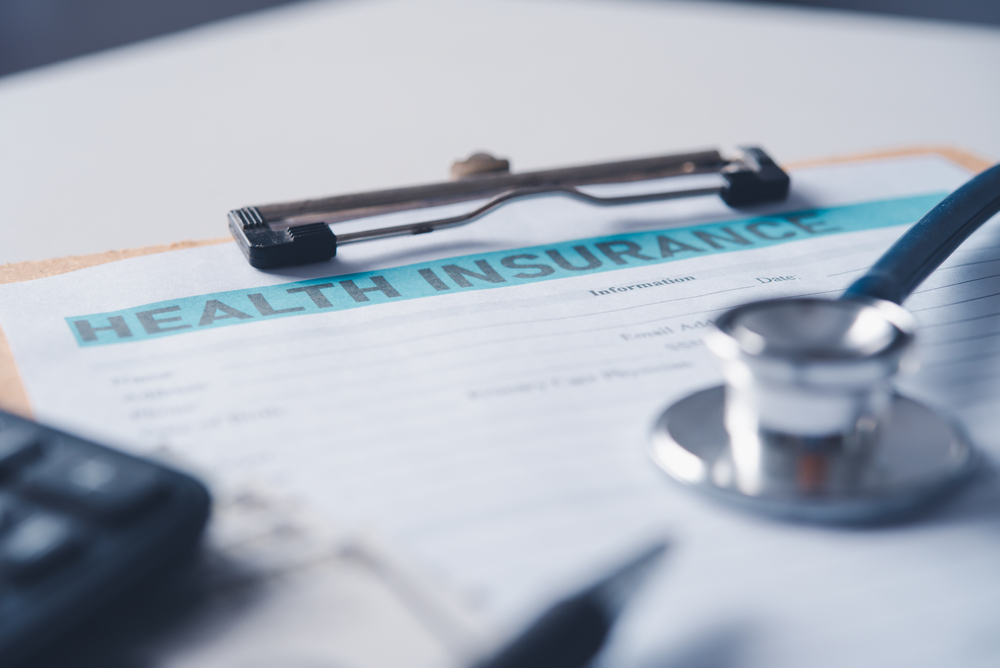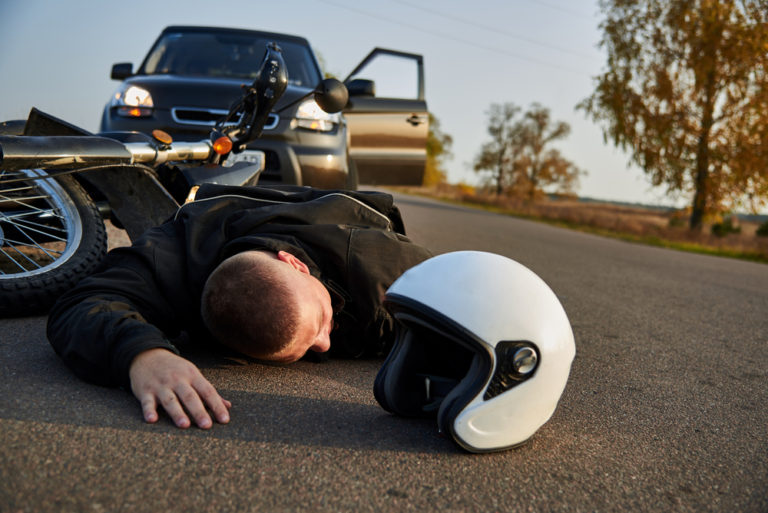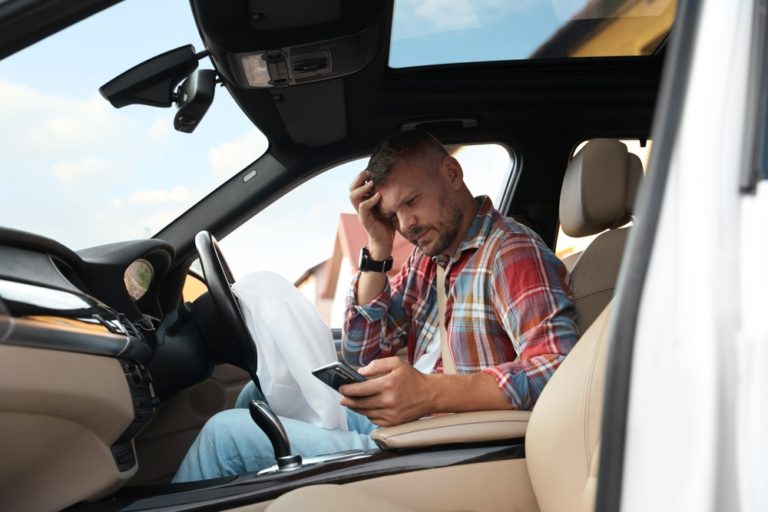If you’re driving in Hawaii, you’ve probably heard about Personal Injury Protection (PIP) coverage. But do you really know what it means for you and your family? This guide will break down everything you need to know about PIP in Hawaii, from its coverage to its importance in our unique insurance landscape.
Understanding Personal Injury Protection in Hawaii
Personal Injury Protection, or PIP, is a key part of Hawaii’s no-fault insurance system. It’s not just another insurance term – it’s a crucial safety net that every driver in our beautiful island state needs to understand.
When you’re in a car accident, the last thing you want to worry about is how you’ll pay for your medical bills or manage if you can’t work. That’s where PIP comes in. It’s designed to cover your immediate needs after an accident, regardless of who caused it.
What Does PIP Actually Cover?
PIP in Hawaii is like a trusted friend who’s got your back when things go wrong. Here’s what it typically covers:
- Medical Expenses: From the moment you’re picked up by an ambulance to your final physical therapy session, PIP has you covered. This includes emergency room visits, surgeries, doctor’s appointments, and even prescription medications.
- Lost Wages: If your injuries keep you from working, PIP can help replace a portion of your lost income. This can be a real lifesaver when the bills start piling up.
- Essential Services: Imagine you can’t do your usual household chores because of your injuries. PIP can cover the cost of hiring someone to help with tasks like cleaning or childcare.
- Funeral Expenses: In the most tragic circumstances, PIP can help cover funeral and burial costs, easing the financial burden on your family.
- Transportation: Need to get to and from your medical appointments? PIP can cover these costs too.
It’s worth noting that the standard minimum PIP coverage in Hawaii is $10,000 per person. However, you can choose to increase this limit for extra protection.
Comparing PIP in Hawaii vs. Other States
To give you a clearer picture of how PIP works in Hawaii compared to other states, let’s look at this comparison table:
| Feature | Hawaii PIP | Florida PIP | New York PIP |
|---|---|---|---|
| Minimum Coverage | $10,000 | $10,000 | $50,000 |
| Covers Lost Wages | Yes | Yes (80% up to $10,000) | Yes (80% up to $2,000/month) |
| Covers Essential Services | Yes | Yes (up to $5,000) | Yes (up to $25/day) |
| Deductible Options | Available | Mandatory ($250 for medical benefits) | Not typical |
| Time Limit to Use Benefits | 2 years from accident date | 14 days to seek initial treatment | No set time limit |
As you can see, while there are similarities, Hawaii’s PIP has its own unique features designed to protect our residents.
The Value of PIP in Hawaii’s No-Fault System
You might be wondering, “Is PIP really worth it?” The short answer is yes, and here’s why:
- Quick Access to Care: After an accident, you don’t have to wait for insurance companies to determine fault before getting the medical care you need. PIP kicks in immediately, ensuring you get prompt treatment.
- Fewer Legal Hassles: Hawaii’s no-fault system, supported by PIP, helps reduce the number of lawsuits from minor accidents. This means less stress and fewer legal headaches for you.
- Broad Protection: PIP goes beyond just medical bills, offering a comprehensive safety net that can help you maintain your quality of life after an accident.
- Peace of Mind: Knowing you have this coverage can make you feel more secure every time you hit the road.
Hawaii’s No-Fault Insurance
Hawaii’s no-fault insurance system is designed to streamline the post-accident process and ensure everyone gets the care they need quickly. However, it does come with some important considerations:
- Limited Right to Sue: In most cases, you can’t sue the other driver for injuries unless your medical expenses exceed a certain threshold or you suffer severe injuries. This threshold is typically when medical expenses exceed the PIP limit or when the injury results in significant scarring, disfigurement, or long-term disability.
- Separate Property Damage Claims: While PIP takes care of your personal injuries, damage to your vehicle is handled separately. You can file a claim against the at-fault driver’s insurance for property damage.
- Additional Coverage Options: While PIP is mandatory, many Hawaii drivers choose to supplement it with other types of coverage like collision insurance or uninsured motorist coverage for more comprehensive protection.
When Someone Else Drives Your Car
Picture this: you lend your car to a friend, and they get into an accident. What happens with your PIP coverage? Here’s the good news – in Hawaii, PIP follows the car, not the driver. This means:
- Your PIP coverage will apply even if someone else is driving your car (with your permission, of course).
- Both the driver and any passengers in your car will be covered under your PIP policy.
- This holds true even if the person driving your car has their own separate insurance policy.
This aspect of PIP coverage in Hawaii provides an extra layer of protection and peace of mind when you’re generous enough to lend your vehicle to a friend or family member.
Dealing with Uninsured Drivers
Unfortunately, not everyone on the road follows the rules. If you’re in an accident with an uninsured driver in Hawaii, here’s what you need to know:
- Your PIP coverage will still apply, covering your immediate medical expenses and lost wages.
- If you have uninsured motorist coverage (which is a good idea to have in Hawaii), you can turn to that for additional compensation.
- While you might have the option to sue the at-fault driver personally, this can be challenging and often fruitless if they don’t have significant assets.
This situation underscores the importance of having adequate insurance coverage to protect yourself, regardless of the other driver’s insurance status.
What PIP Doesn’t Cover
While PIP in Hawaii offers broad protection, it’s important to understand its limitations. PIP typically doesn’t cover:
- Injuries sustained while committing a felony
- Self-inflicted injuries
- Injuries from racing or speed contests
- Injuries occurring in a vehicle used as a residence
- Injuries to a pedestrian who is not a Hawaii resident
Understanding these exclusions can help you make informed decisions about additional coverage you might need.
Maximizing Your PIP Benefits
To get the most out of your PIP coverage, consider these tips:
- Seek Immediate Medical Attention: Even if you feel fine after an accident, get checked out. Some injuries aren’t immediately apparent, and prompt medical attention ensures you’re covered.
- Keep Detailed Records: Save all medical bills, receipts for related expenses, and documentation of lost wages. This information will be crucial when filing your PIP claim.
- Notify Your Insurance Company Promptly: Report the accident to your insurer as soon as possible. Delay could complicate your claim.
- Consider Additional Coverage: While $10,000 is the minimum, you might want to consider purchasing additional PIP coverage for extra protection.
- Understand Your Policy: Take the time to read and understand your policy. If anything is unclear, don’t hesitate to ask your insurance provider for clarification.
The Importance of Legal Guidance
While PIP is designed to simplify the post-accident process, insurance claims can still be complex. If you’re struggling with your claim or feel you’re not receiving the full benefits you’re entitled to, it might be time to seek legal help.
At Olson & Sons, we specialize in helping Hawaii residents navigate insurance claims and personal injury cases. Our team understands the nuances of Hawaii’s no-fault system and can help ensure you receive the full benefits you deserve under your PIP coverage.
Protect Yourself on Hawaii’s Roads
Personal Injury Protection is more than just another insurance requirement – it’s a crucial part of your safety net as a driver in Hawaii. By understanding what PIP covers and how it works, you can ensure you’re adequately protected every time you hit the road.
Remember, while the standard coverage is $10,000, you may want to consider higher limits based on your individual needs and circumstances. And if you ever find yourself unsure about your coverage or struggling with a claim, don’t hesitate to reach out for professional help.
Stay safe on the roads, and drive with the confidence that comes from knowing you’re protected by your PIP coverage!
Need help with a PIP claim or have questions about your coverage? Contact Olson & Sons today. Our experienced team is here to help you understand your rights and get the protection you deserve. Call us at 808.201.1367 or schedule a free consultation.
Frequently Asked Questions About PIP in Hawaii
To help you better understand Personal Injury Protection in Hawaii, here are answers to some common questions:
What does PIP cover in Hawaii?
PIP in Hawaii covers medical expenses, lost wages, essential services, funeral expenses, and transportation to medical appointments. Specifically, it includes:
- Ambulance bills
- Emergency room charges
- Follow-up medical visits
- Surgical procedures
- Prescription medications
- Physical therapy
- A portion of lost wages due to injury
- Household services you can’t perform due to injury
- Funeral expenses in case of fatality
- Transportation to and from medical appointments
Who pays for car damage in a no-fault state in Hawaii?
In Hawaii’s no-fault system, PIP covers personal injuries, but property damage claims are handled separately. The at-fault driver’s insurance typically pays for car damage. If you have collision coverage, you can file a claim with your own insurance company, who may then seek reimbursement from the at-fault driver’s insurer.
What is personal injury cover?
Personal injury cover, also known as Personal Injury Protection (PIP) in Hawaii, is a type of auto insurance that pays for medical expenses and, in some cases, lost wages regardless of who was at fault in an accident. It’s designed to provide quick financial assistance following an auto accident, covering the policyholder, passengers, and sometimes pedestrians.
Is PIP worth it?
Yes, PIP is worth it in Hawaii for several reasons:
- It’s required by law
- It provides immediate coverage for medical expenses and lost wages
- It applies regardless of who was at fault
- It can help cover costs that health insurance might not, like lost wages
- It provides peace of mind knowing you’re protected in case of an accident
What happens if the person at fault in an accident has no insurance in Hawaii?
If the at-fault driver is uninsured in Hawaii:
- Your PIP coverage will still cover your immediate medical expenses and lost wages.
- You can use your uninsured motorist coverage (if you have it) for additional compensation.
- You may have the option to sue the at-fault driver personally, but this can be challenging if they lack assets.
- Your collision coverage (if you have it) can pay for your vehicle repairs.
What happens if someone else is driving my car and gets in an accident in Hawaii?
In Hawaii, PIP coverage follows the car, not the driver. This means:
- Your PIP coverage applies even if someone else is driving your car with your permission.
- The driver and any passengers in your car are covered by your PIP policy.
- This holds true even if the person driving your car has their own insurance policy.
- You should report the accident to your insurance company as soon as possible.
Which is not covered in personal accidents?
Personal Injury Protection in Hawaii typically does not cover:
- Injuries sustained while committing a felony
- Self-inflicted injuries
- Injuries from racing or speed contests
- Injuries occurring in a vehicle used as a residence
- Injuries to a pedestrian who is not a Hawaii resident
- Damage to your vehicle or other property
- Medical expenses exceeding your PIP coverage limit
Understanding these exclusions can help you make informed decisions about additional coverage you might need to fully protect yourself and your assets.
Additional Resources:
- Hawaii Department of Commerce and Consumer Affairs – Insurance Division: Official state resource for insurance information and consumer protection.
- National Association of Insurance Commissioners: Provides educational resources about various types of insurance.
- Insurance Information Institute: Offers objective, fact-based information about insurance.






